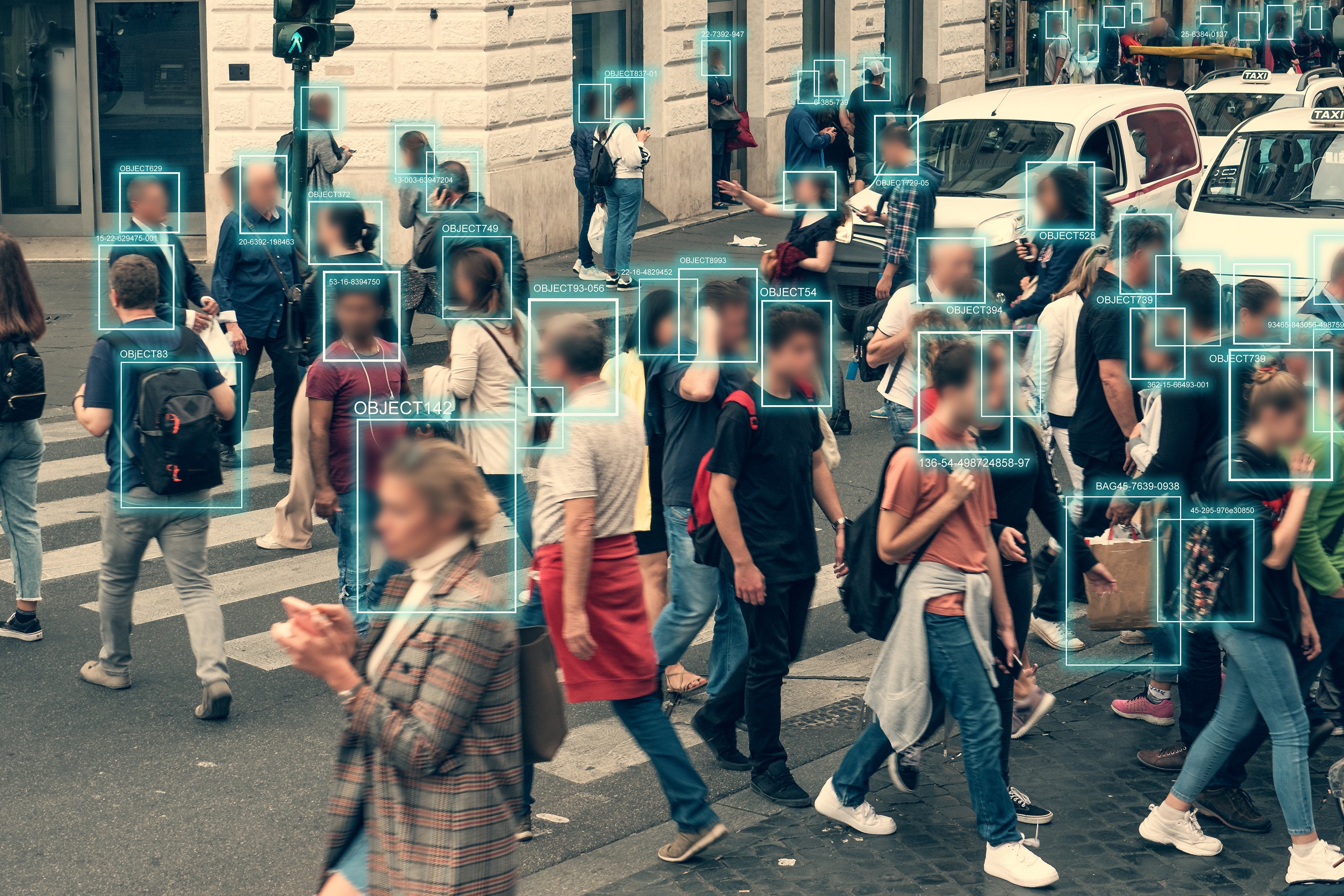In today's increasingly digital world, where our lives are intricately woven with technology and online interactions, understanding what it means to be a responsible and ethical digital citizen has never been more critical. But what exactly does it entail?

Beyond Mere Users: The Pillars of Digital Citizenship
Being a digital citizen goes far beyond simply using a computer or smartphone. It's about harnessing the power of technology for good, while being mindful of the potential pitfalls and challenges that come with it. Here are some of the core pillars that define responsible digital citizenship:
1. Digital Literacy and Critical Thinking:
- Possessing the ability to navigate the digital landscape effectively, critically evaluate information online, and discern fact from fiction.
- Understanding how technology works, its potential impact on individuals and society, and the ethical considerations surrounding its use.
- Being able to identify and avoid online threats such as misinformation, cyberbullying, and online scams.
2. Responsibility and Respect:
- Treating others online with the same respect and courtesy you would show in the physical world.
- Practicing responsible online behavior, including avoiding cyberbullying, hate speech, and spreading misinformation.
- Protecting your own privacy and the privacy of others, being mindful of what information you share online and how it can be used.
3. Engagement and Participation:
- Using technology to connect with others, engage in meaningful conversations, and participate in online communities responsibly.
- Contributing positively to online spaces, sharing constructive feedback, and advocating for a safe and inclusive digital environment.
- Using your online voice to raise awareness about important issues and participate in civic engagement.
4. Safety and Security:
- Practicing safe online habits, such as using strong passwords, enabling two-factor authentication, and keeping software up to date.
- Protecting your devices and data from cyber threats, such as malware and phishing attacks.
- Being aware of online privacy settings and controlling how your information is collected and used.
5. Digital Wellbeing and Balance:
- Maintaining a healthy relationship with technology, setting boundaries between online and offline life, and avoiding excessive screen time.
- Being mindful of the potential negative impacts of technology on mental health and well-being, such as cyberbullying, addiction, and social comparison.
- Prioritizing real-world connections and activities to maintain a healthy balance in your digital life.
Cultivating Responsible Digital Citizens: A Shared Responsibility
Fostering a generation of responsible digital citizens requires a collaborative effort from individuals, families, educators, and policymakers. Here are some ways we can all contribute:
- Individuals: Take the initiative to learn about digital citizenship, practice responsible online behavior, and be mindful of your digital footprint.
- Families: Openly discuss online safety and responsibility with children, set clear expectations, and provide guidance and support.
- Educators: Integrate digital citizenship education into the curriculum, equipping students with the skills and knowledge they need to thrive in the digital world.
- Policymakers: Develop and enforce policies that promote online safety, privacy, and ethical technology use.
Empowering Ourselves in the Digital Age
By embracing the principles of digital citizenship, we can harness the power of technology to create a safer, more inclusive, and equitable online world. It's a journey of continuous learning, adaptation, and responsible action, but the rewards of becoming responsible digital citizens are vast, empowering us to shape a positive future for ourselves and society as a whole.
Additional Tips for Being a Responsible Digital Citizen:
- Stay informed about emerging digital trends and threats.
- Support organizations that promote digital citizenship education and advocacy.
- Use your online voice to speak up against cyberbullying, hate speech, and online harassment.
- Be a positive role model for others online, demonstrating respectful and responsible behavior.

Ola Jader



-Apr-25-2024-09-30-48-5627-AM.png?width=80&height=80&name=Untitled%20design%20(77)-Apr-25-2024-09-30-48-5627-AM.png)
